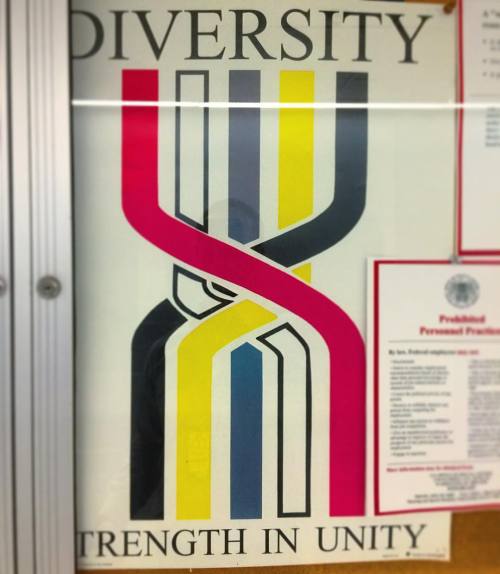#homogeneity
A short lesson from @karnythia.
I feel like even if this wasn’t a majority white country, white supremacy would still definitely function in a way that preserves itself.
Post link
Nearly a century ago, in 1925 to be precise, the Austrian writer Stefan Zweig wrote an article for a Berlin newspaper titled “Making the World Uniform.” It began:
, : . , .
I know what Zweig meant. In the days when I traveled a great deal, often to supposedly remote places, my ambition was not to reach somewhere no human foot had trodden, but where Coca-Cola or Nescafé was not on sale. This was no easy matter, and I hear from time to time that even the peak of Mount Everest is now littered.
Zweig attributed the extinction of national and cultural differences in Europe to the rapid Americanization of the continent after the First World War: Perhaps Midwesternization, at least as far as aesthetics were concerned, would have been a better term for it. The domination of American fashions, in clothes, music, literature, architecture, was complete, according to Zweig. Europe has become a cultural colony of the United States, and it welcomed its own subjugation, insofar as such colonization brought material comfort and required meager intellectual effort of citizens.
“It is tempting to suppose that there is increasing uniformity in the world. But it depends on which end of the telescope you look down.”
American or not, mass amusements now prevailed over more refined aristocratic or upper-middle-class ones so dear to Zweig. Football (soccer, not the American variety) became the measure of all things. Zweig’s theory was that the American civilization that conduced to material comfort and prosperity was so boring that it provoked, by reaction, sensation-seeking:
It is tempting, then, to suppose that there is increasing uniformity in the world. But as with so many things, it depends on which end of the telescope you look down.
When I see young people en masse, I think that they are all the same: They dress the same, their tastes are the same, their interests are the same, etc. And yet, when I speak to them individually, I find that there is the same irreducible individuality to each person. Human beings by their very nature are privileged, or condemned, to be unique.
We see the end-of-the-telescope phenomenon in Shakespeare. When he depicts the lower orders of society as a collective, he depicts them most unflatteringly; they are stupid, unthinking, brutish, and fickle. But when he depicts them as individuals, he has the utmost sympathy for them…
At the end of his article, Zweig tells all his readers who feel as he does that they cannot defeat modern trends, and therefore the best thing for them to do is to retire into a kind of inner immigration, cultivating their own interests quietly without stridently or uselessly condemning what in fact cannot be changed.
- Theodore Dalrymple
#diversity #strengthinunity let us intertwine our #genomics to erase the #homogeneity of our ancestors (at Jamaica Plain, Massachusetts)
Post link




